Kicking It with John Rhee
The Final Days of the "Liege" Kickstarter
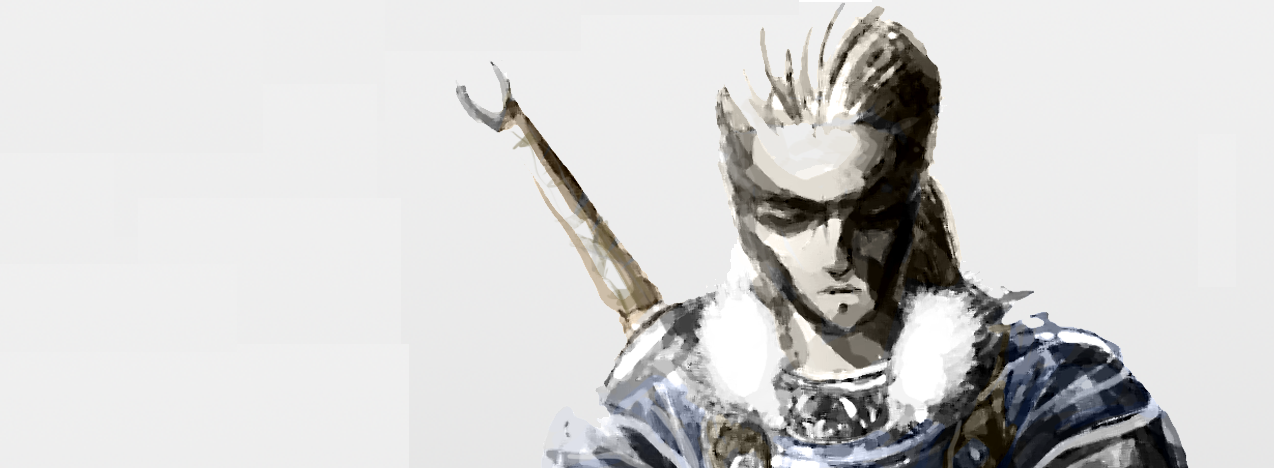
The fantasy RPG market today is dominated by huge titles and super realistic graphics. It's hard to remember a time when 16-bit graphics ruled the genre and, despite all the nostalgia most of us share with the time, it's probably even harder to imagine that look ever coming back. That is why I was blown away when the Kickstarter for "Liege" was brought to my attention.
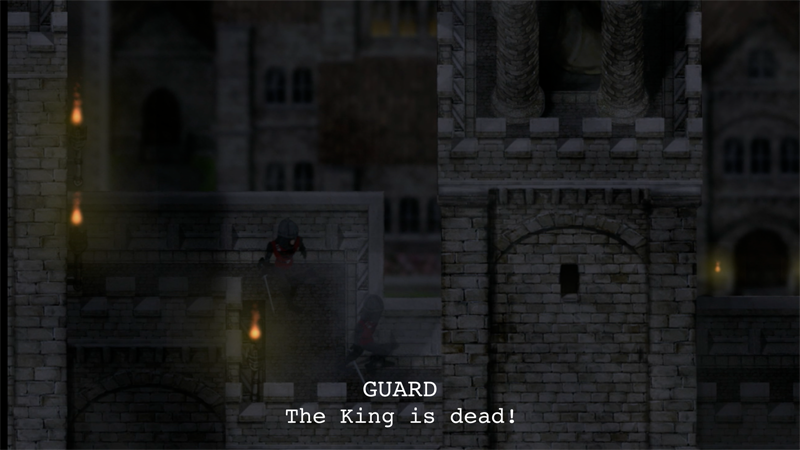
'Liege' is a tactical fantasy RPG set in a world that has been rocked by the mysterious death of the royal family. From that moment, the story truly begins, weaving an intricate tale of a kingdom in chaos and the conflict that comes from the sudden power vacuum and the players that arise to fill it. To quote the creator's quick summary of it: "It’s a game about family, power, love, death, and other way serious, totally heavy things." The game tells its story with beautiful, hand-drawn graphics and animations - which is just something that you don't see in games anymore. It was that hand-painted style that initially grabbed my attention. I know you shouldn't judge a game by its screenshot, but I was intrigued.
I managed to get a hold of John Rhee, the sole developer, and talked with him about his game a little bit. His story as the game's creator is fascinating and starts with him dropping everything to focus on making "Liege" full-time. It paid off, because four days after the Kickstarter for "Liege" began, it reached its funding goal. Here is the interview in full:
PT:So, you quit your corporate job to create "Liege" as a full-time project. How did you feel at this beginning stage of the game? Did you have a lot of support?
JR:At first I was pretty nervous, because I was working on the project solo. Leaving my job was a pretty huge risk, and before the Kickstarter launched, I didn't know how the project would be received. My friends and family were all very supportive, but it's hard to trust their opinions because they're so close to me. Seeing the support on Kickstarter was a big relief, because it gave me some objective validation for what I was doing.
PT: Along the same lines as the last question, how did you feel when you initially started your Kickstarter campaign? And how did that feeling compare to ... well, say, the end of day four of the campaign?
JR: It felt really good! Like I said, more than anything, it came as a huge relief and convinced me that this whole thing wasn't crazy. By the time we hit our target around day four, it was still exciting but in a different way. At that point, the support we received was opening up lots of new opportunities to make the project something much bigger and better than I'd originally anticipated, so I was scrambling to keep up and figure out what our next steps should be.
PT: Is it true that this a project that you're building completely on your own? What has been the biggest challenge you've faced working as a solo developer?
JR: So far the developments been done on my own except for the music. The biggest challenge is just managing time. Making a game, and especially making an RPG, is an incredibly involved process. Between the coding, writing the story, doing the concept art, creating the environments, animating the characters, pulling all together, handling business and marketing, etc., it's just an insane amount of work. It's not enough to know how to do all of this; working solo means you need to be able to set up really efficient pipelines that let you produce a lot of content an acceptable time frame.
PT: I just have to say that from what I've seen from the game, it is gorgeous and wonderfully stylized. How did you make the choice to hand paint the entire game vs. other techniques that might have been simpler?
JR: Thanks! I've always wanted to see a game that looks like a moving painting ever since the 16-bit days, but as technology improved, most studios seem to go either for realism or cel shading. Aside from the fact that it's a great fit for a fantasy setting, I went with the hand drawn look, because I thought it would help make the game unique and stand out from the crowd.
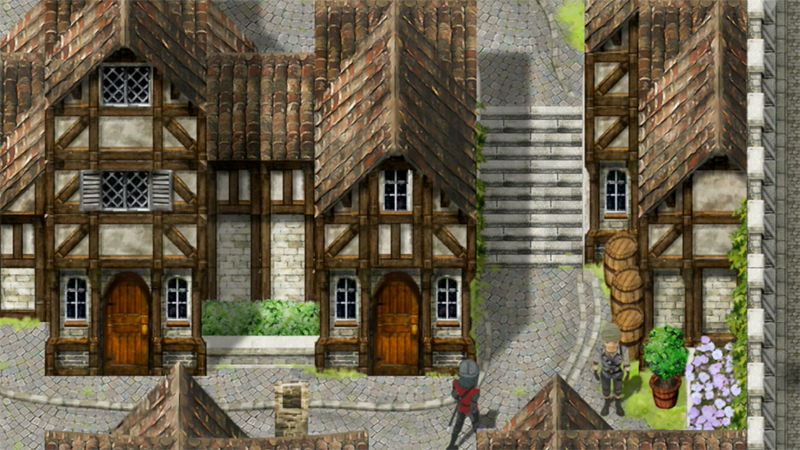
PT: Do you have a background in art, or was it a skill you developed specifically for "Liege" while working on "Liege?"
JR: My background is in programming, but I've always drawn as a hobby (mostly in class). I definitely began developing the skill more when I began work on "Liege." I was used to drawing sketches on paper, but I had to learn how to use a tablet, draw and color in Photoshop, and animate in 3D, which took time.
PT: How was the writing process for "Liege?" Was it a story that you had been thinking of for a while or something that developed on its own while you were putting pen to paper (or fingers to keyboard)?
JR: The story for "Liege" is where the project really began. When the idea was forming in my head, it started as a bunch of notes and sketches scribbled all over the place and in my phone's Notes app. After a few weeks, I gathered my notes and started writing the main script, and it all came together very quickly from that point.
PT: Were there were any big game, story, or art inspirations that influenced how "Liege" took shape?
JR: Game wise, the biggest inspirations are tactical RPGs like "FF Tactics" and "Fire Emblem." Story wise, the inspiration comes more from books like "Dune" and the "ASoIAF" series and various TV shows like "Battlestar Galactica." As I got older, I've found myself drawn to stories with very conflicted, complex characters trapped in epic struggles for power. The inspiration for the art comes from a lot of different places; the character concepts are mainly inspired by Yoshitaka Amano and Yoji Shinkawa, and the in-game art is inspired by everything from classic 2D RPGs to just about any TV show or film with a medieval setting.
PT: The music that you've had developed to score "Liege" is really great and seems to fit really well into the game itself. How did you meet the composers that came up with it? Did you have a lot of influence in how the music was made? Was there a particular feeling that you were going for?
JR:Thanks! I'm really excited to be working with those guys. They reached out to me after the project first went public, and their work just stood out immediately. In addition to being incredibly talented, their samples matched the epic, orchestral style and natural, acoustic sound I was shooting for.
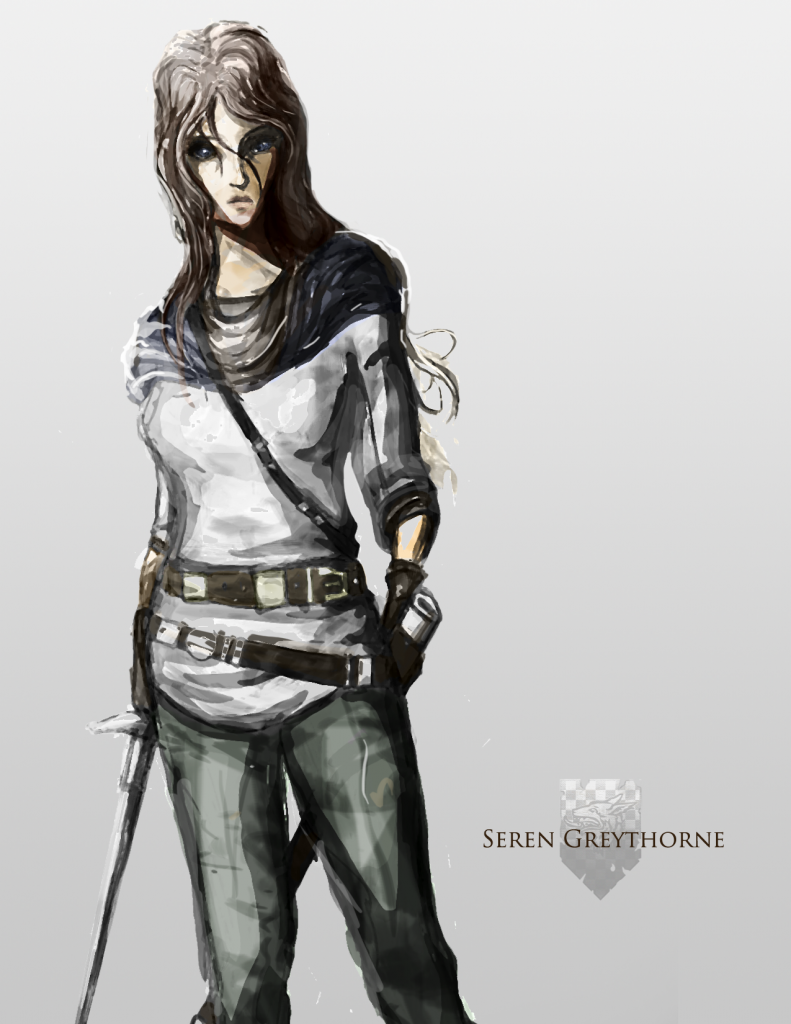
PT: I love what you've shown about the main characters in-game so far - the portraits and bits of revealed script. Is there a particular character that you like or relate to the most? And without spoiling anything, could you tell us something about them?
JR:Hm... I'd have to say my favorites are Jeril and Seren. Jeril's story is probably the one people will remember most; he's just this heroic, larger than life figure with a really epic, tragic journey. Seren is my other favorite, because she's much more complex than the female characters we usually see in games and has this really cool, kind of badass side to her persona.
PT: I read in your AMA [on Reddit] that if one of the eight main characters die in "Liege," that is game over. Is there a particular reason that you decided to go with this in the development of the game?
JR: The main reason is that I wanted to retain a sense of realism and make the characters feel human. Magic isn't commonplace in the game, so I didn't want to give players the option to casually revive their party after they've been slain. Death is a big aspect of the game's story, and I didn't want to cheapen that by making it meaningless in the game's combat.
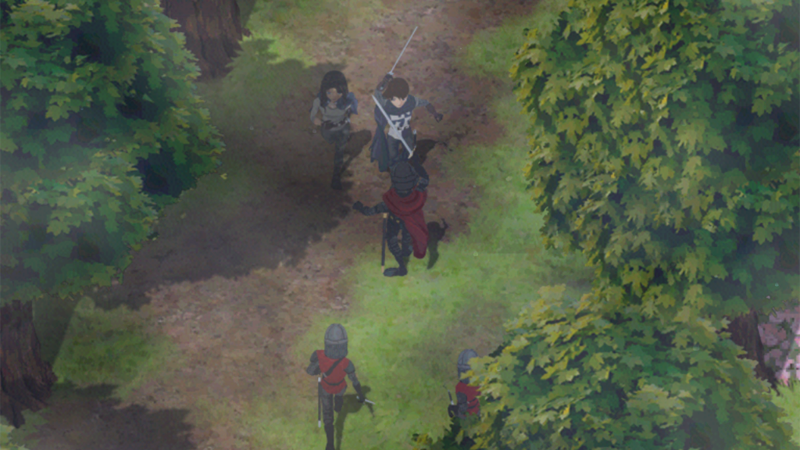
PT: The combat in "Liege" is tactical, turn-based and as you said in the Kickstarter, also influenced by chess. Can you talk about that a little bit? And how would you say the combat in "Liege" is different from another tactical RPG such as "Final Fantasy Tactics" or "Fire Emblem?"
JR: The main thing is the mechanics will be streamlined. I love both of those games, but I know a lot of people are turned off from the tactics genre because they can't get past all the tutorials in the early stages. Chess is a great example of how you can have a ton of depth in a game with an elegant and minimalist set of mechanics. My hope is to bring some of that into the tactics genre while keeping it varied and fun to play.
PT: Of the stretch goals listed on the "Liege" Kickstarter, which are you most excited to potentially start developing?
JR: Honestly, I'd have to say the PS4 port. My love of games and RPGs specifically started on consoles, and I knew making games is something I wanted to do after I played games like "FF Tactics" and "FFVII" on the original Playstation. This type of game is really meant to be played on a nice, big screen with great speakers. Plus, making a game that will be on the same platform as the next "Final Fantasy" is still pretty surreal!
PT: If you could live in any fantasy universe ("Lord of the Rings," "Game of Thrones," etc), which would you choose to live in?
JR: Hm, that's a good question. Honestly, I'd probably have to go with "FFVII." I love the steampunk setting, and I wouldn't mind the modern conveniences. Also, there are airships! I love medieval settings and think they're great for telling stories, but the examples you mentioned probably wouldn't be very comfortable to live in! (Writer's Note: A HOBBIT'S LIFE FOR ME!)
The Kickstarter for "Liege" ends on the 28th, and while it has already been fully funded, contributing to the game helps push it to be everything that it can be and also gets you, the player, faster and cheaper access to the finished product. Check it out!